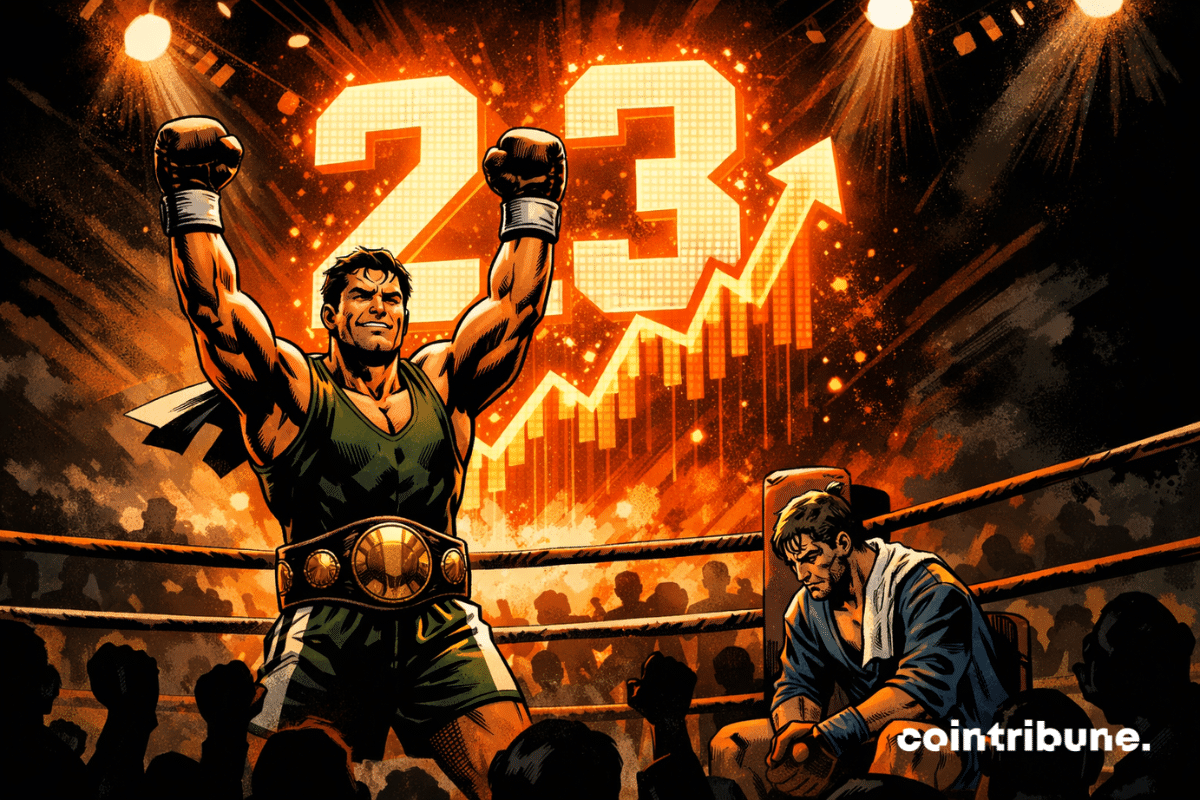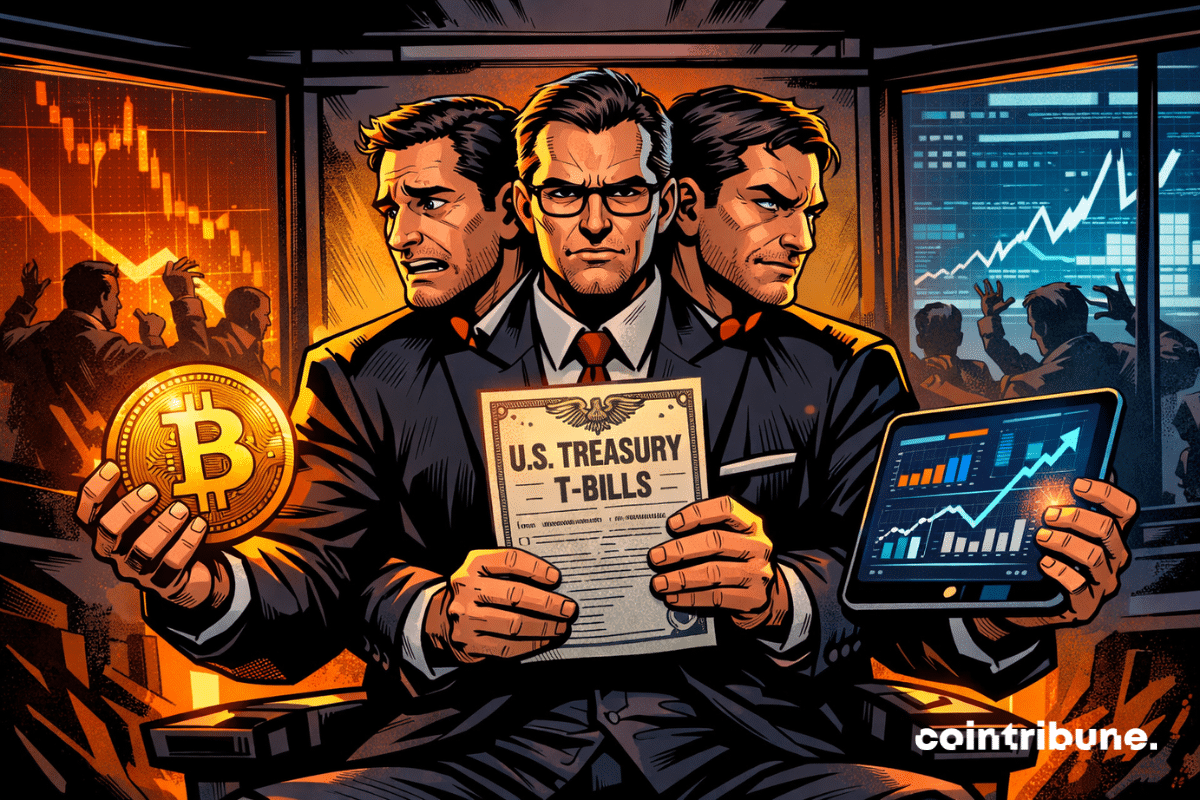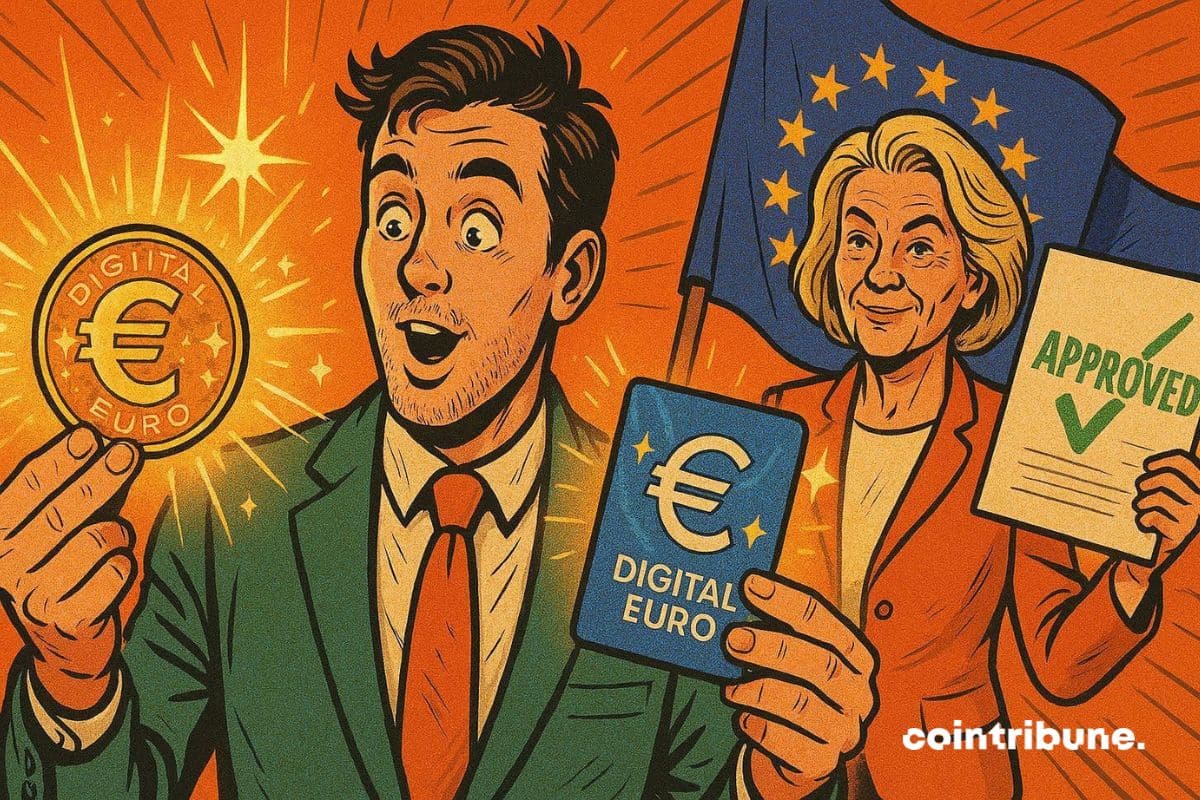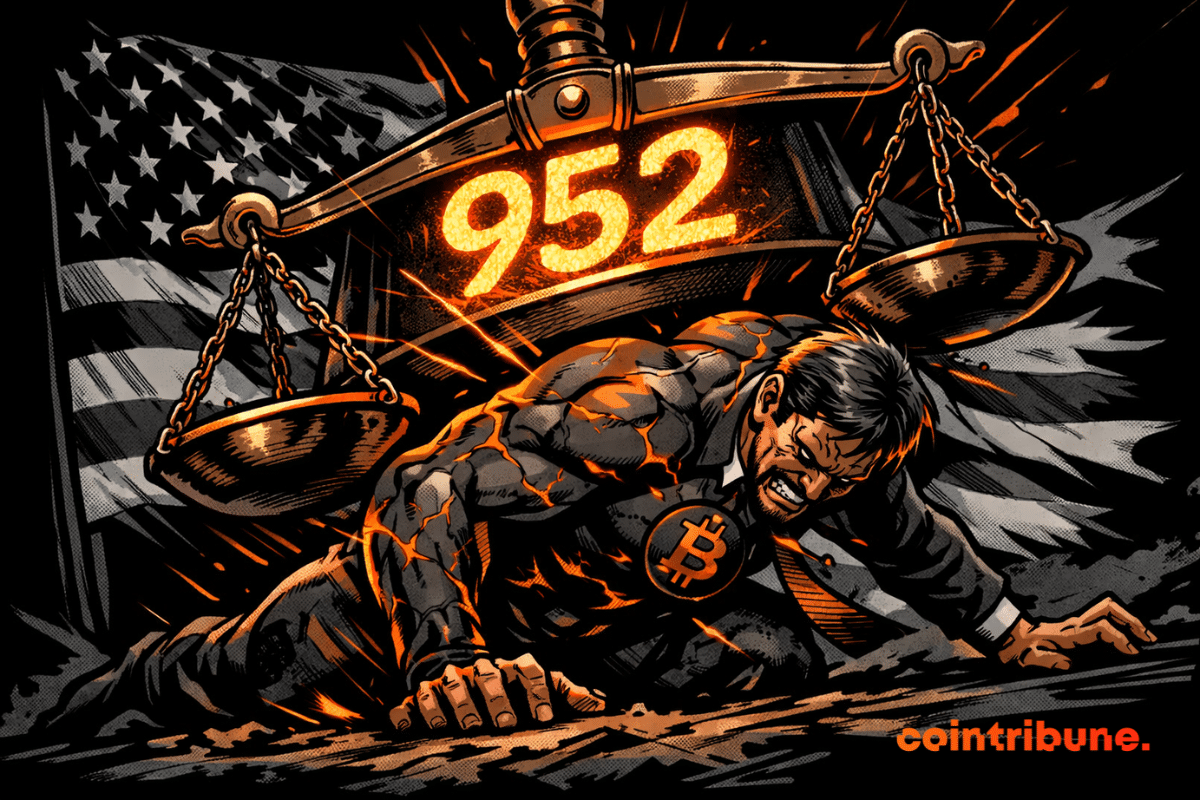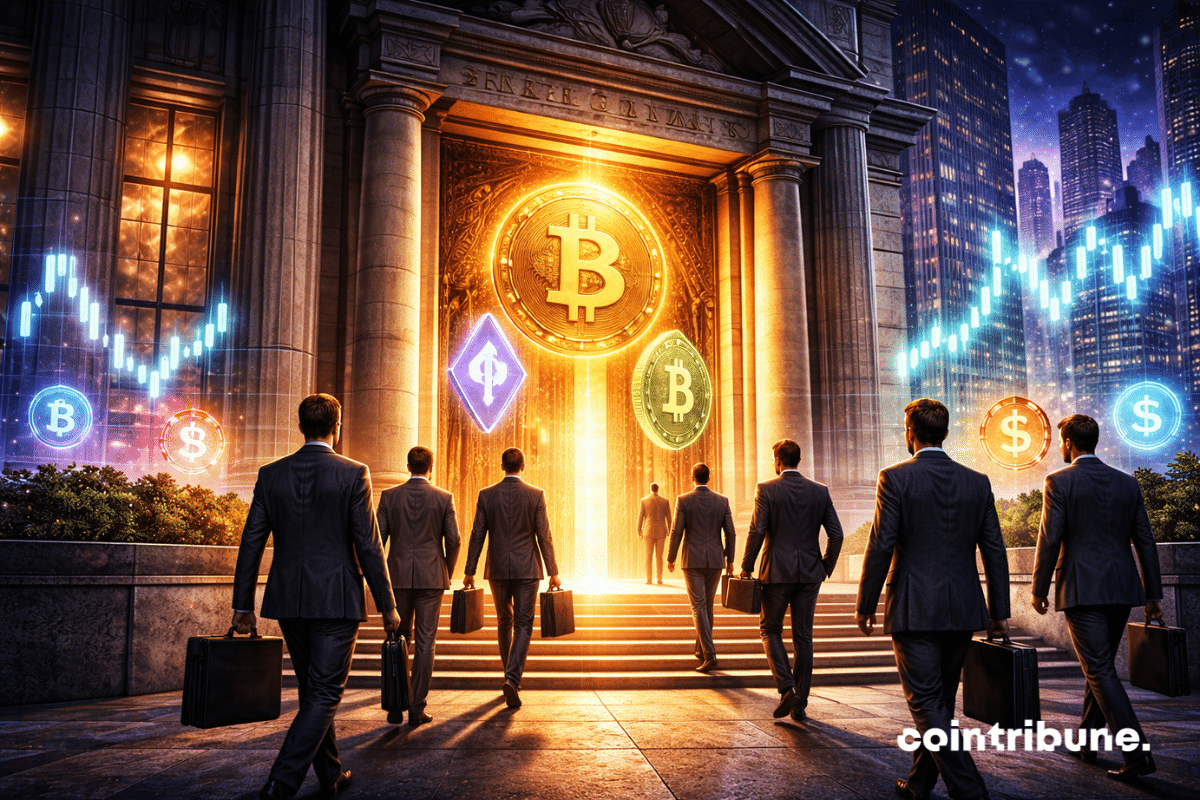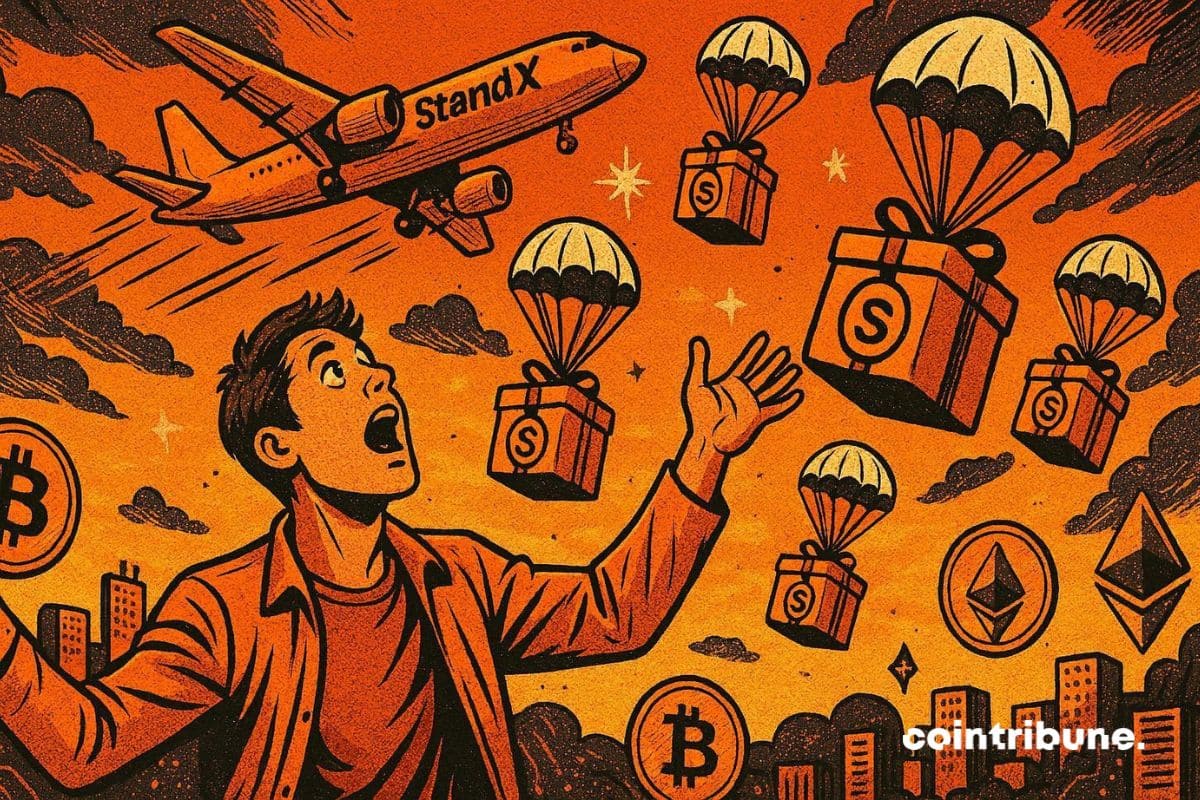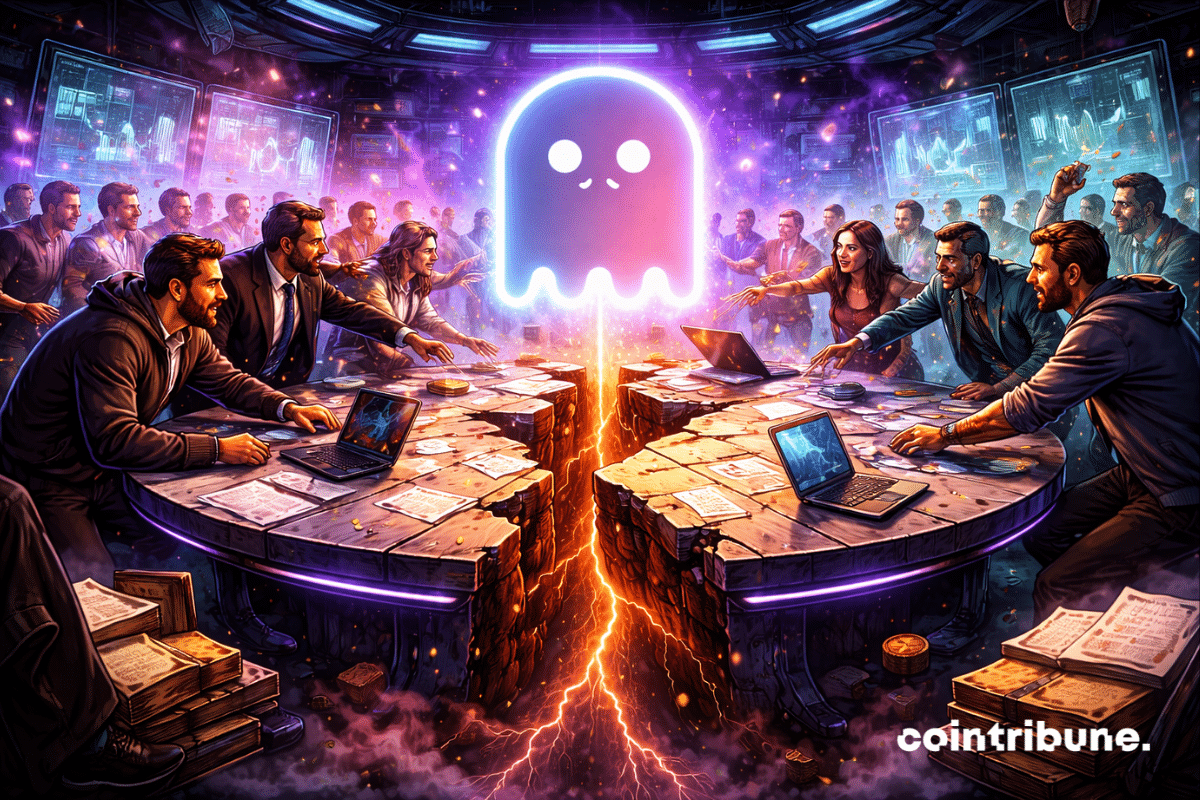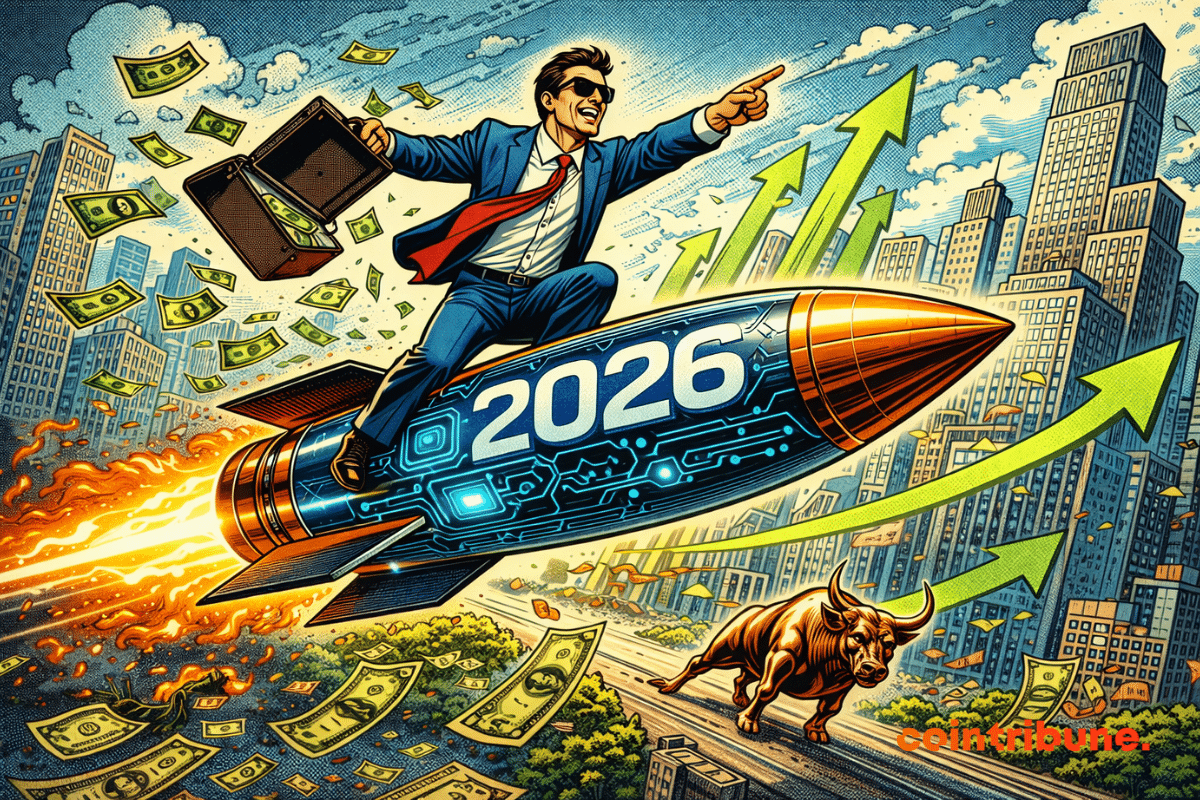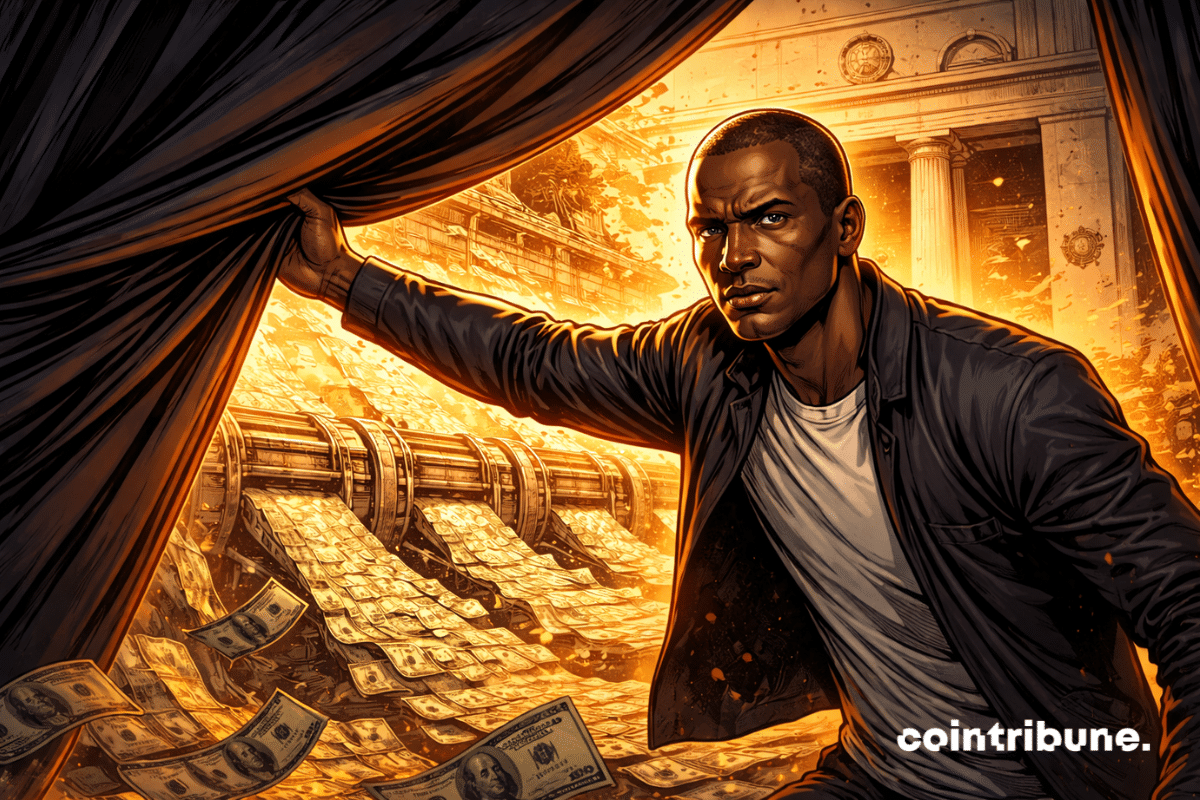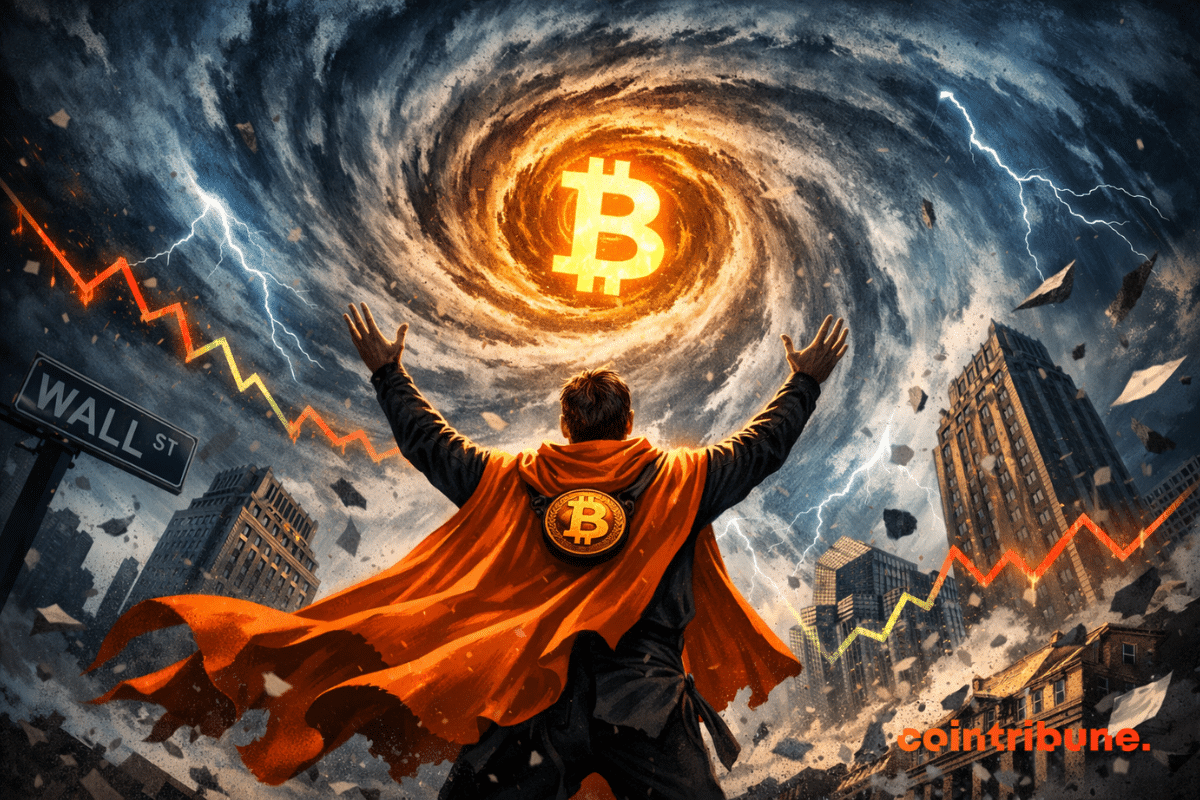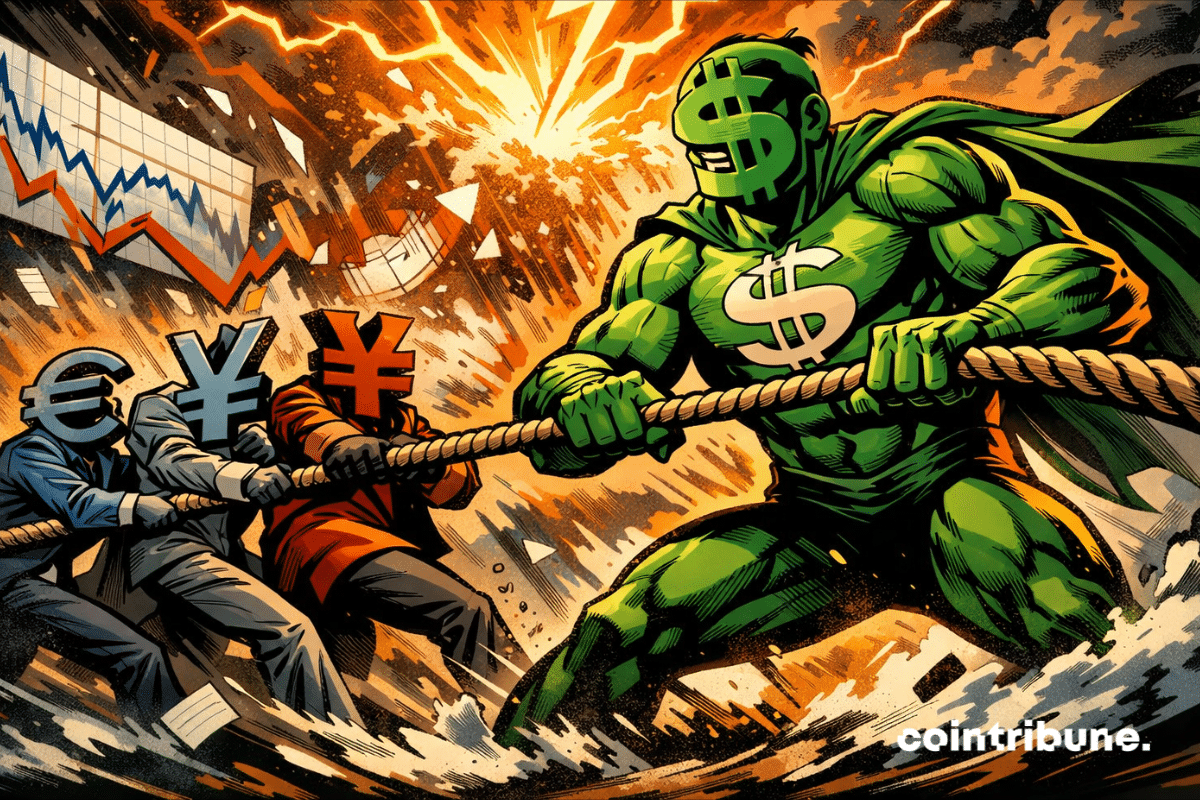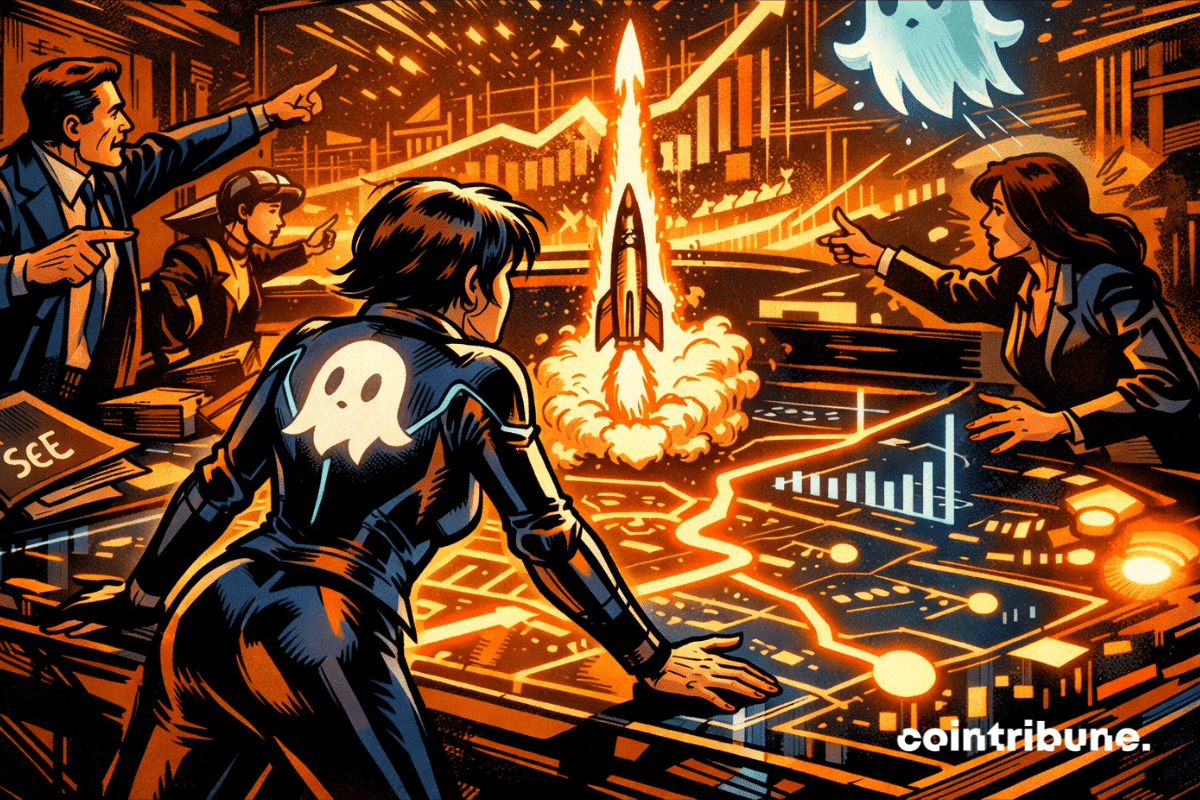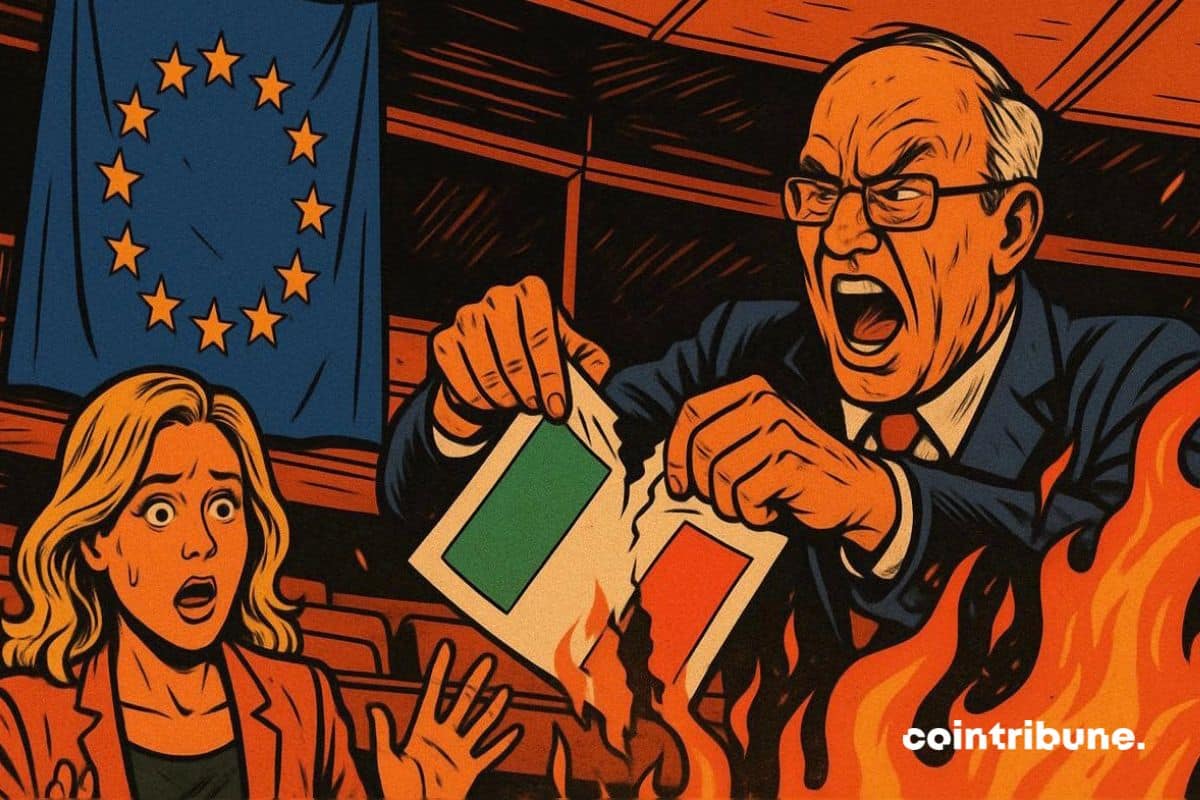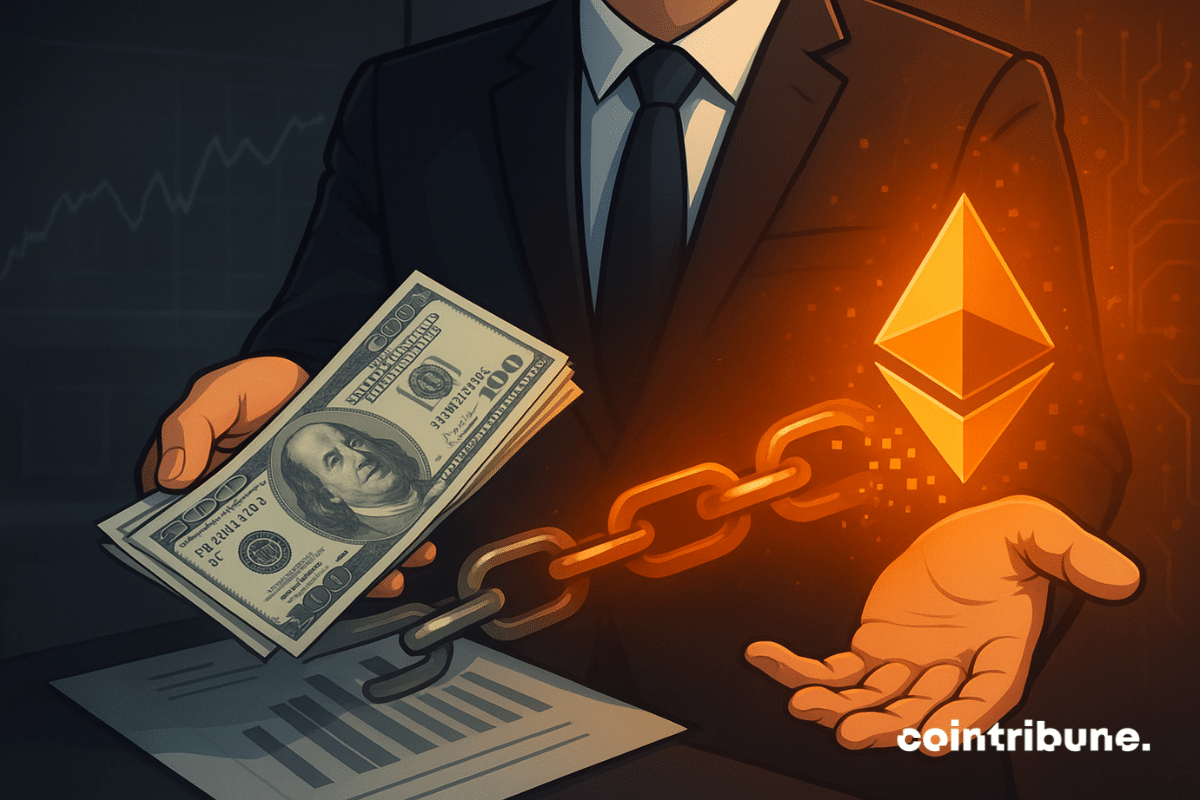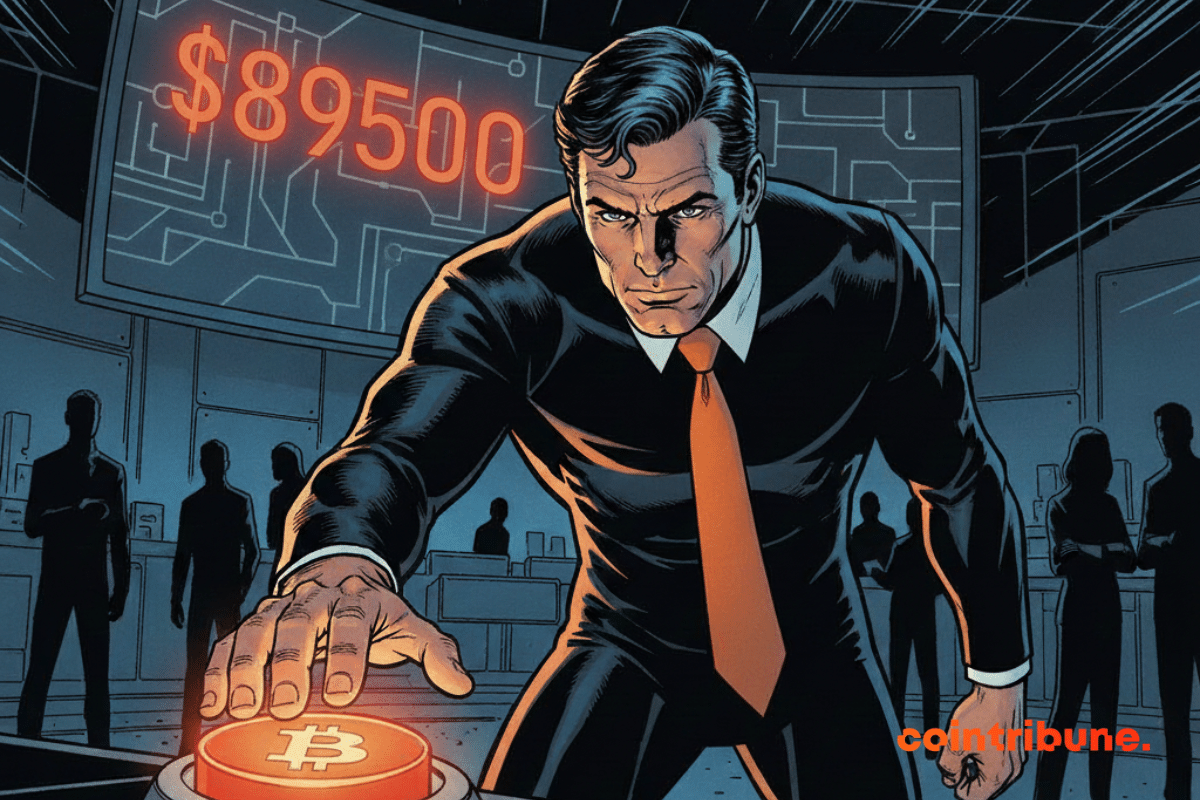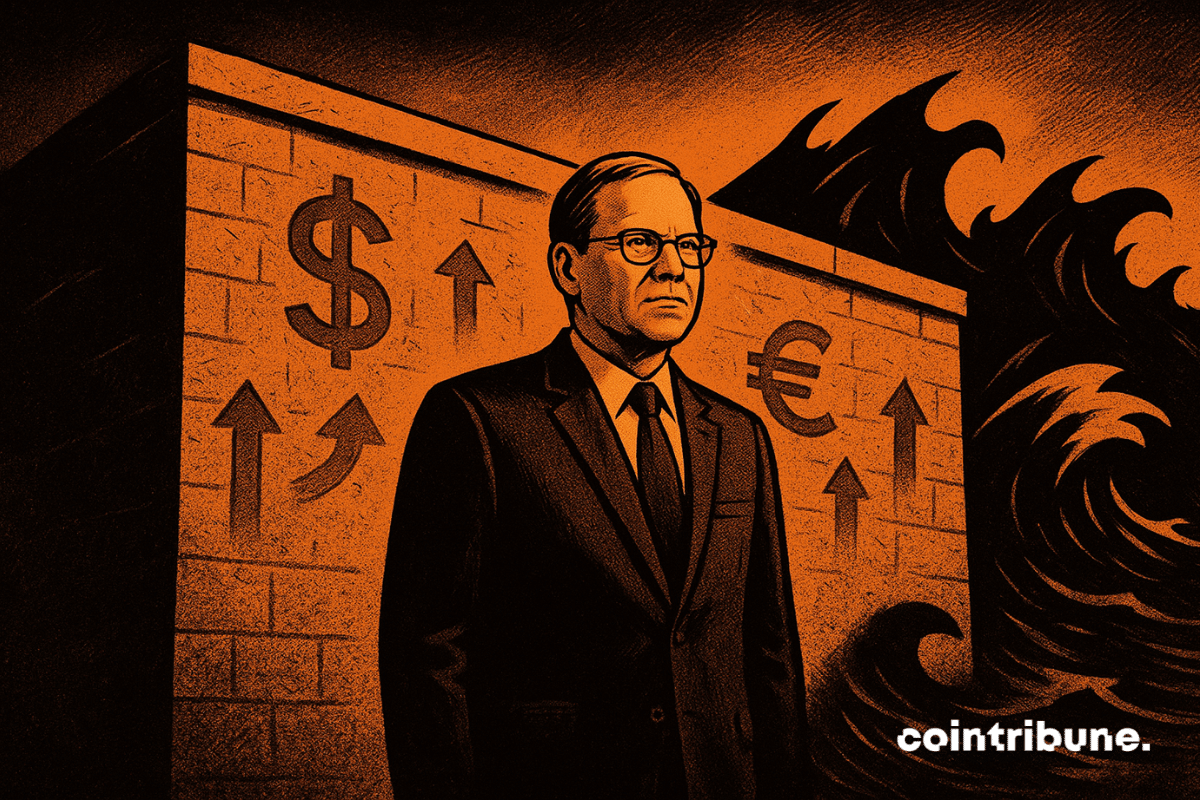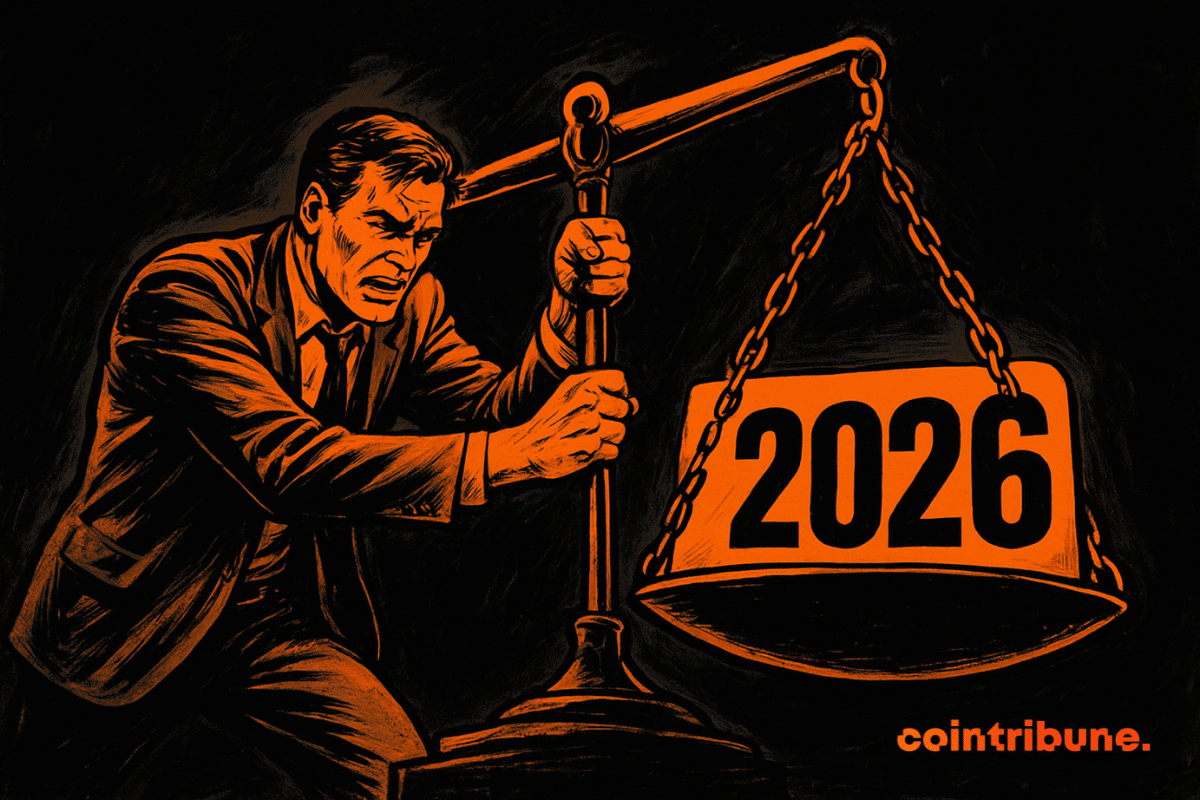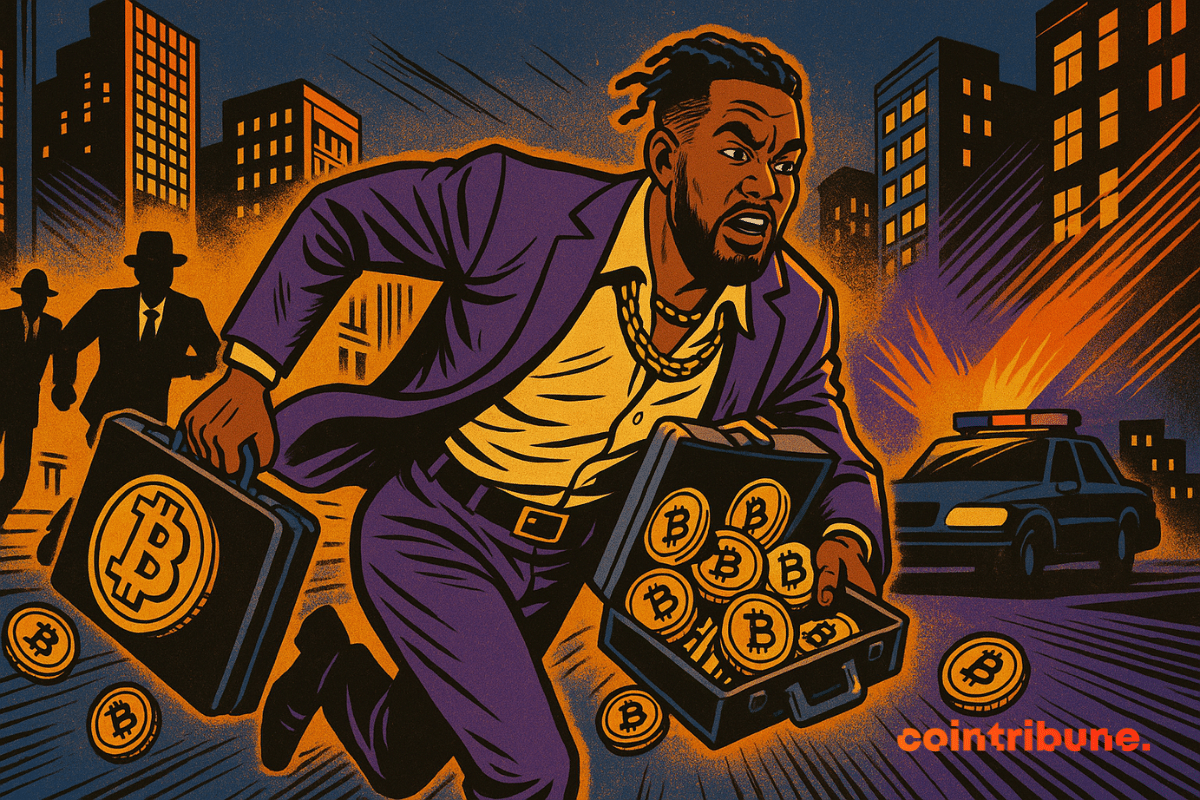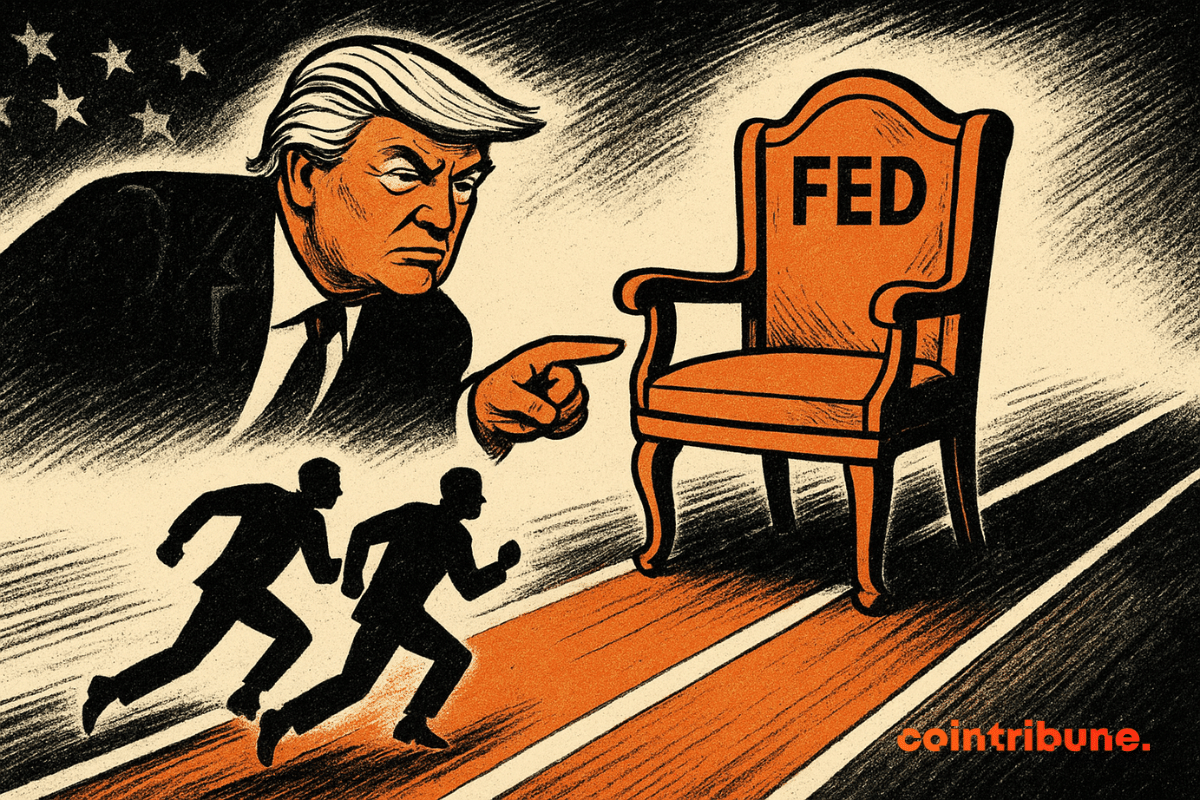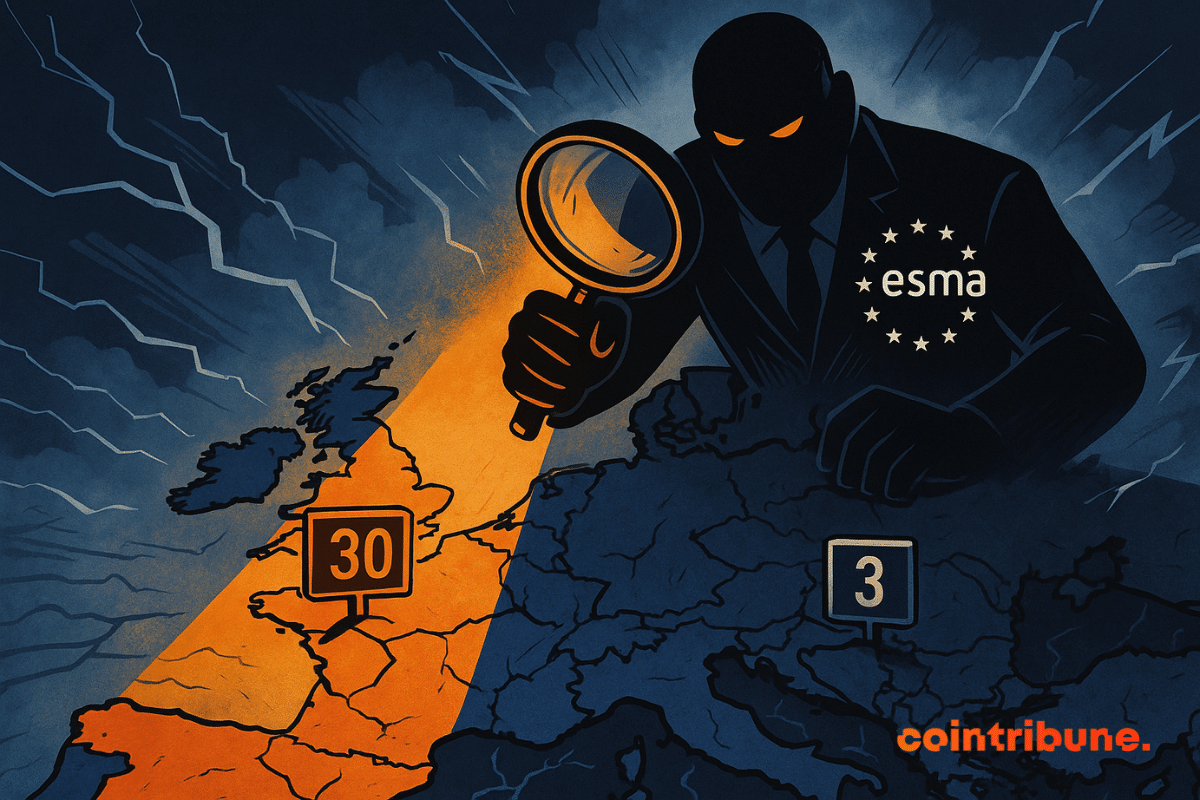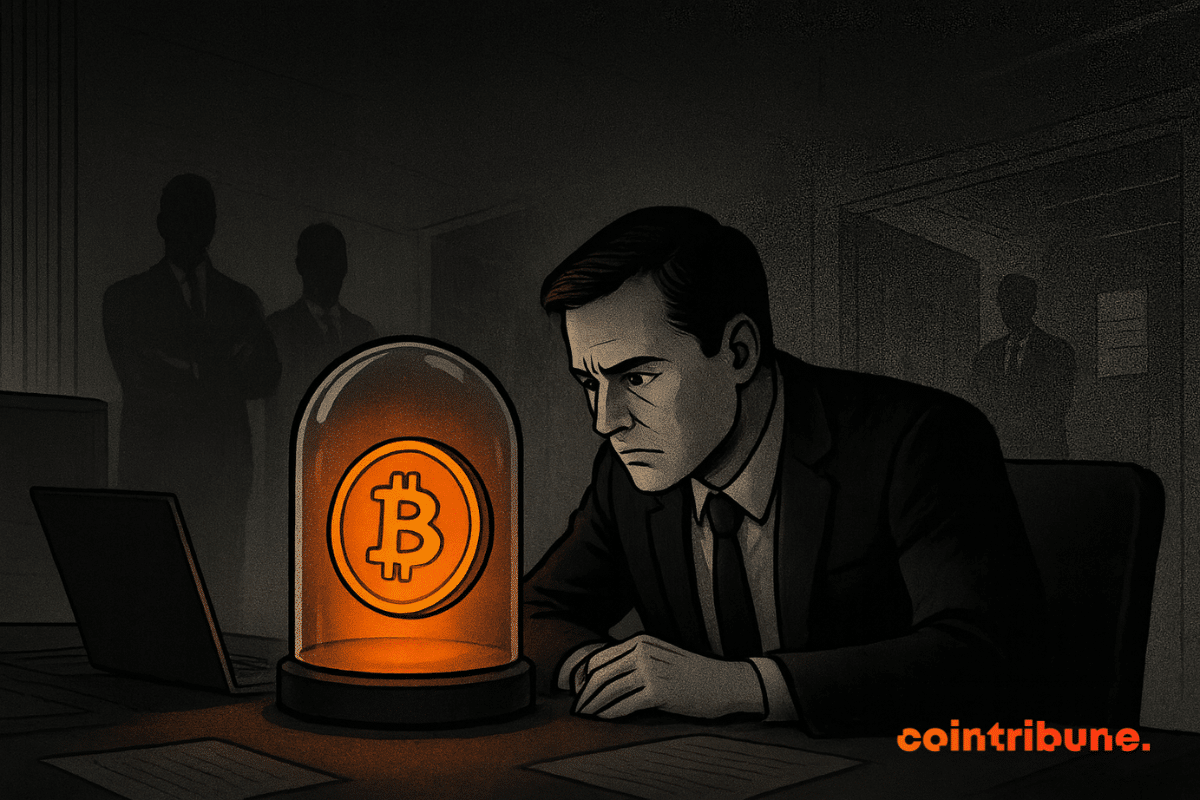Crypto is plunging, Google is coughing, and retail traders are running away. The market is now just a VIP lounge for insiders lacking an audience. When will the sheep return?
Finance News
Bitcoin lost momentum during U.S. trading hours, keeping the broader crypto market confined to a narrow range. XRP followed the same pattern, slipping to $1.86 even as demand through spot exchange-traded funds remained steady. The gap between rising ETF assets and muted price movement suggests the market is still absorbing supply near key levels.
After siphoning off millions for a month, the XRP ETF coughs one day, stops... and everyone holds their breath: simple cold or crypto liver crisis?
Kalshi saw a sharp rise in trading activity last week, pushing weekly volume to a new high. Data shows the prediction market processed more than $2 billion in trades, placing it well ahead of Polymarket over the same period. Increased demand for sports contracts and broader blockchain access supported the growth.
The American economy beats forecasts, but Peter Schiff warns of a flaw that could cause everything to collapse. Details here!
Bitcoin plunges, IBIT takes off, and BlackRock cashes in. A contrarian strategy turning an ETF into a billion-dollar magnet. Skeptics laugh, but the numbers respond.
The digital euro arrives with a surprise: two versions, one online and one ultra-secure offline, close to cash. However, can it attract crypto enthusiasts and threaten the dollar? Analysis of the stakes, advantages, and challenges of this future currency, finally approved by the EU and the ECB.
Global crypto exchange-traded products (ETPs) saw a sharp pullback last week amid a return to regulatory uncertainty. New data from CoinShares shows investors withdrew nearly $1 billion, ending a three-week streak of inflows. Delays around the U.S. Clarity Act played a key role in weakening sentiment, especially among U.S.-based institutions. Market activity also pointed to rising caution around large holders and near-term policy risks.
JPMorgan Chase, one of the world's largest banks, takes a bold step towards crypto by exploring the introduction of trading services for its institutional clients. This development comes amid regulatory changes in the United States, even prompting the most conservative financial institutions to reassess their approach to these assets. Such a decision could well redefine the relationship between traditional finance and this ecosystem.
Do you want to benefit from StandX airdrops without wasting time? Here are 3 simple steps to accumulate points with DUSD, provide liquidity, or trade perpetual contracts.
Aave, a pillar of DeFi, is faltering under the weight of a controversial decision. Far from the technical debates about yield or innovations in smart contracts, it is governance that crystallizes the tensions. A rushed vote on the transfer of the protocol's brand assets to the DAO was launched without consensus, provoking a strong reaction within the community. Between accusations of forcing the issue and criticism of the transparency of the process, the crisis exposes the fragility of a model often cited as an example.
Wall Street is heading into 2026 with record equity exposure and falling cash levels, as investors bet on AI spending, strong earnings growth, and accelerating stock rotation despite rising risks.
While geopolitical fractures weaken the global monetary order, a silent upheaval is taking place. The BRICS, supported by their allies, are taking control of gold. By concentrating nearly 50% of global production and strengthening their reserves, they move from contestation to action. This realignment is no longer speculation, as it marks the emergence of a financial counter-power capable of challenging the supremacy of the dollar and redefining global balances. Gold once again becomes a strategic weapon.
The banknote arrives by container? The archipelago will draw its crypto. Meanwhile, Stellar slips tokens into the State's pockets. The IMF is counting the hours.
After months of legal battle and a closely followed saga by the markets, Elon Musk has just seized a decisive victory. The Delaware Supreme Court has restored the full 56 billion dollar compensation granted by Tesla in 2018.
Is the US Federal Reserve quietly restarting the printing press? Its new program, called "Reserve Management Purchases (RMP)", triggers concern among some analysts. Among them, Arthur Hayes, former CEO of BitMEX, sees disguised money creation, masked under technical terms. In a sharp essay published on Substack, he warns of the consequences of this policy: hidden inflation, wealth transfer, and a potential rise in rare assets like Bitcoin.
There are alerts that slam like a door. And then there are those that creak, slowly, until they become impossible to ignore. Mike McGlone, senior commodity strategist at Bloomberg Intelligence, clearly places his message in the second category: for him, 2026 could resemble a big end-of-cycle decompression. Not just a “pullback”. A broader, dirtier, more contagious move.
The US dollar has cycled in influence over global debt markets for decades, maintaining its central role despite shifts and challenges.
The crypto market was hit by a wave of heavy corrections as a rough weekly outing triggered cautious sentiment among investors. During the downturn, heavy liquidations were recorded as some whales took profits while others moved to limit losses. On-chain data shows increased activity from large Bitcoin and Ethereum holders. In fact, U.S. spot Bitcoin and Ether ETFs recorded combined outflows of over $580 million on Monday, extending a broader trend of capital exits. As these heavy outflows persisted, market watchers observed whales rotating capital into a new game-based memecoin project.
Aave enters a new growth phase after the SEC ends its investigation, planning V4, Horizon, and a mobile app to drive growth in 2026.
Italy lights the fuse: its 2026 budget, criticized by the ECB, threatens to explode bank stability and stifle an already weakened economy. Between controversial taxes and risks of rationed credit, Rome is playing a dangerous game. Why is the ECB sounding the alarm? The details shaking Europe.
JPMorgan Chase is expanding its blockchain strategy with the launch of a tokenized money-market fund on Ethereum. The product is backed by $100 million in internal capital and targets qualified investors seeking daily yield through an on-chain structure backed by short-term debt. Market observers say the move reflects clearer regulation, rising client demand, and growing interest in tokenized real-world assets.
Bitcoin falls, Saylor buys. Two billion injected in two weeks, while the market panics. What if, after all, the crypto oracle wore a tie and sold shares?
Kevin Hassett, a leading contender to chair the Federal Reserve (Fed), said the central bank would remain independent even if it faces pressure from the White House. His remarks come as financial and crypto markets watch closely for signals on interest rates and the future path of U.S. monetary policy.
Crypto companies are returning to public markets after several years on the sidelines. Listings in 2025 reflected renewed confidence following a prolonged slowdown. The larger test, however, still lies ahead. White & Case partner Laura Katherine Mann says 2026 will determine whether crypto IPOs can maintain investor trust beyond market cycles.
Rodney Burton, aka "Bitcoin Rodney", now faces a series of federal charges in the United States. Former promoter of the HyperFund project, renamed HyperVerse, he is charged with wire fraud, money laundering, and illegal transmission of funds. According to the indictment, millions of dollars of investments were allegedly diverted. The case marks a new step in the crackdown on abuses related to the promotion of unregulated crypto projects.
Markets are watching closely as the race to lead the US Fed continues, with political pressure on interest rates building. Recent comments from Jamie Dimon and Donald Trump suggest the outcome remains uncertain, with potential consequences for monetary policy and risk assets, including crypto.
When the EU regulates, it sometimes tailors the rules... MiCA stalls, ESMA heats up, states hesitate: in the crypto jungle, Brussels dreams of cutting local freedoms short.
Tokenization of real-world assets (RWAs) is moving closer to mainstream finance, though its short-term impact on crypto markets may remain limited. NYDIG says longer-term value will depend on how open, connected, and regulated these assets become across blockchain networks.
Crypto settles at the heart of Wall Street: DTCC launches the tokenization of US markets. Discover the details in this article!
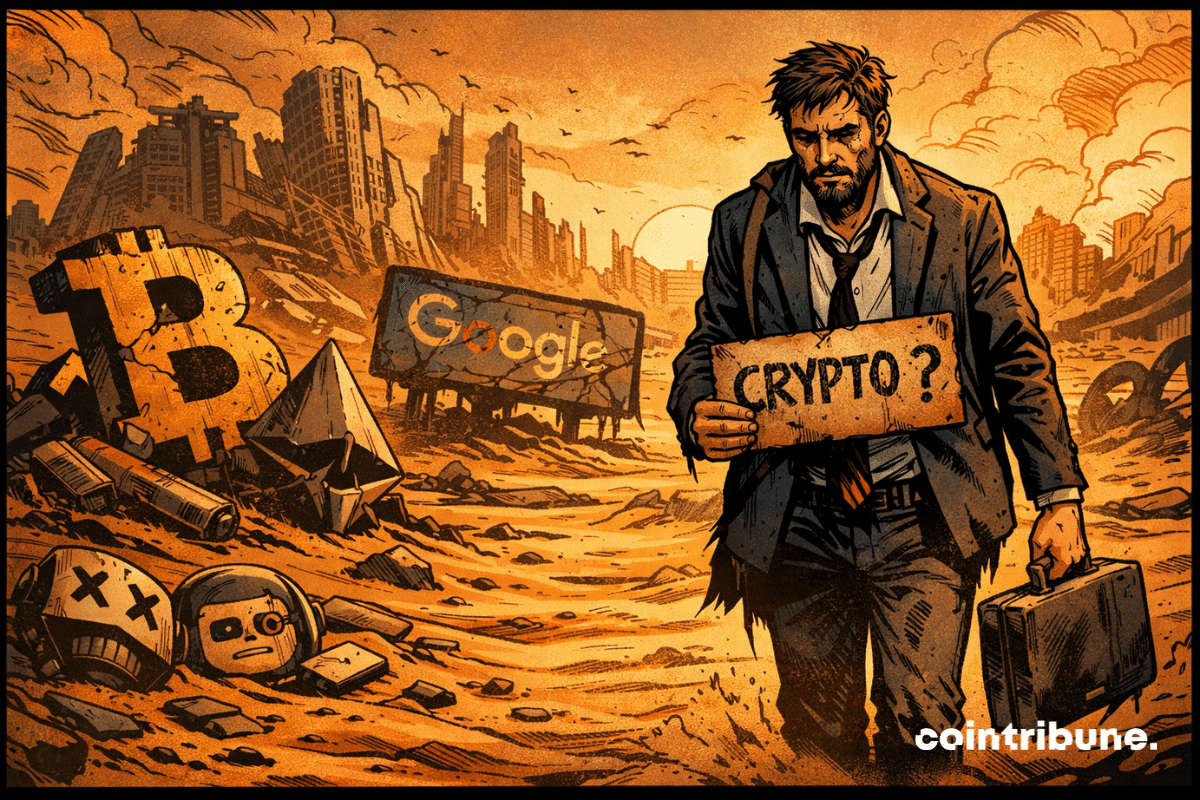
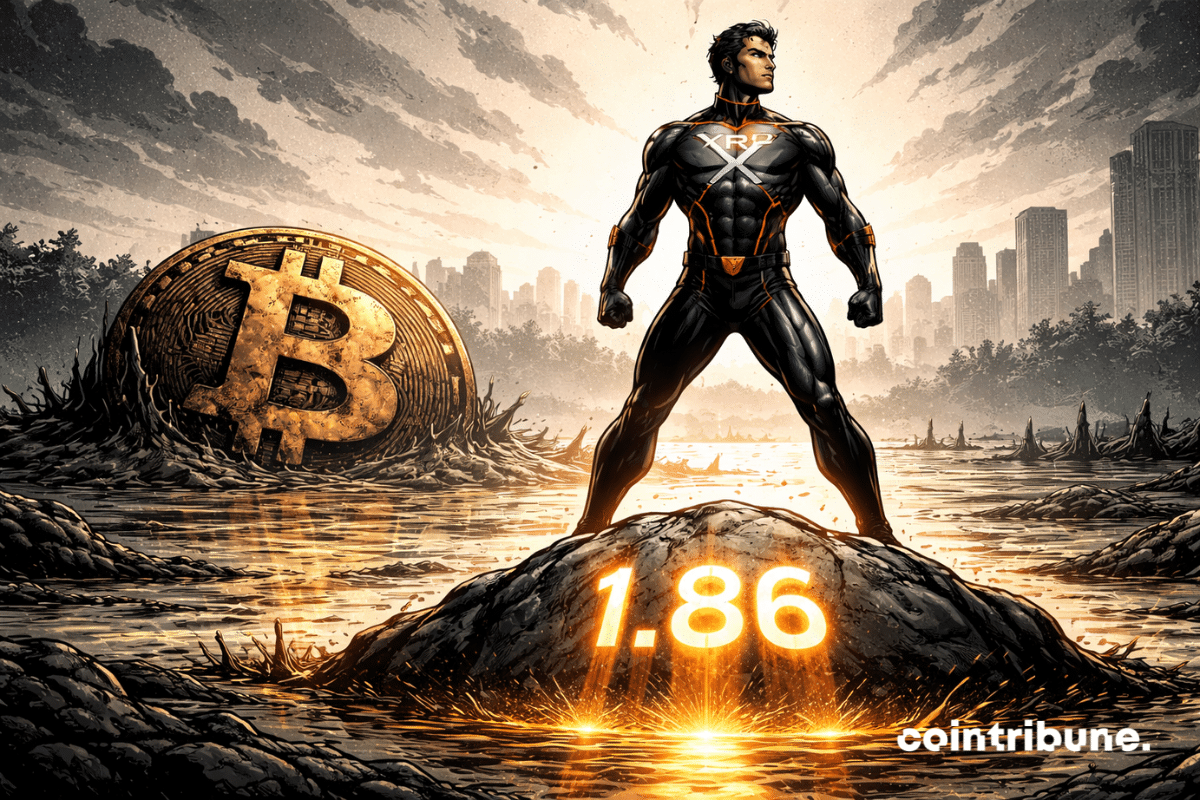
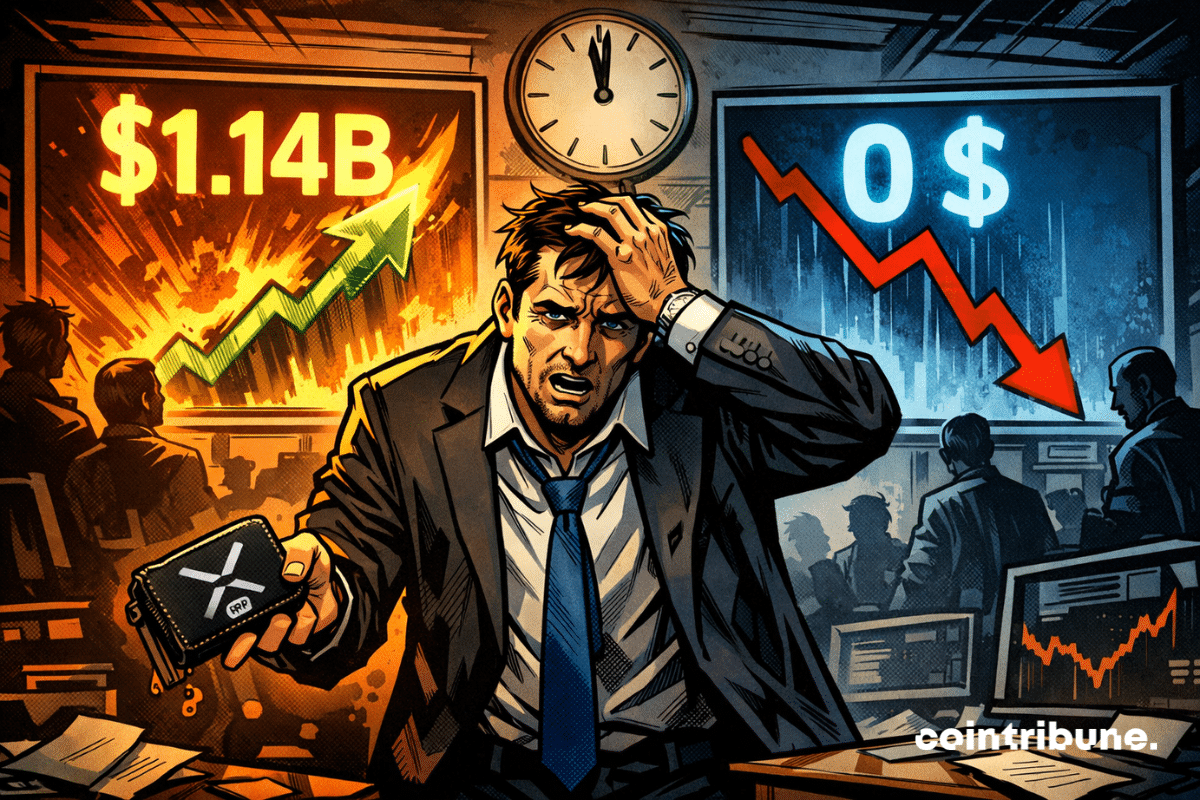 ." class="img img--ratio w-auto h-auto" src="data:image/svg+xml,%3Csvg%20xmlns='http://www.w3.org/2000/svg'%20viewBox='0%200%200%200'%3E%3C/svg%3E" data-lazy-srcset="https://www.cointribune.com/app/uploads/2025/12/ZERO-ENTREE-ETF-XRP.png 1200w, https://www.cointribune.com/app/uploads/2025/12/ZERO-ENTREE-ETF-XRP-300x200.png 300w, https://www.cointribune.com/app/uploads/2025/12/ZERO-ENTREE-ETF-XRP-1024x683.png 1024w, https://www.cointribune.com/app/uploads/2025/12/ZERO-ENTREE-ETF-XRP-768x512.png 768w" data-lazy-sizes="(max-width: 300px) 100vw, 300px" data-lazy-src="https://www.cointribune.com/app/uploads/2025/12/ZERO-ENTREE-ETF-XRP.png">
." class="img img--ratio w-auto h-auto" src="data:image/svg+xml,%3Csvg%20xmlns='http://www.w3.org/2000/svg'%20viewBox='0%200%200%200'%3E%3C/svg%3E" data-lazy-srcset="https://www.cointribune.com/app/uploads/2025/12/ZERO-ENTREE-ETF-XRP.png 1200w, https://www.cointribune.com/app/uploads/2025/12/ZERO-ENTREE-ETF-XRP-300x200.png 300w, https://www.cointribune.com/app/uploads/2025/12/ZERO-ENTREE-ETF-XRP-1024x683.png 1024w, https://www.cointribune.com/app/uploads/2025/12/ZERO-ENTREE-ETF-XRP-768x512.png 768w" data-lazy-sizes="(max-width: 300px) 100vw, 300px" data-lazy-src="https://www.cointribune.com/app/uploads/2025/12/ZERO-ENTREE-ETF-XRP.png">
